-
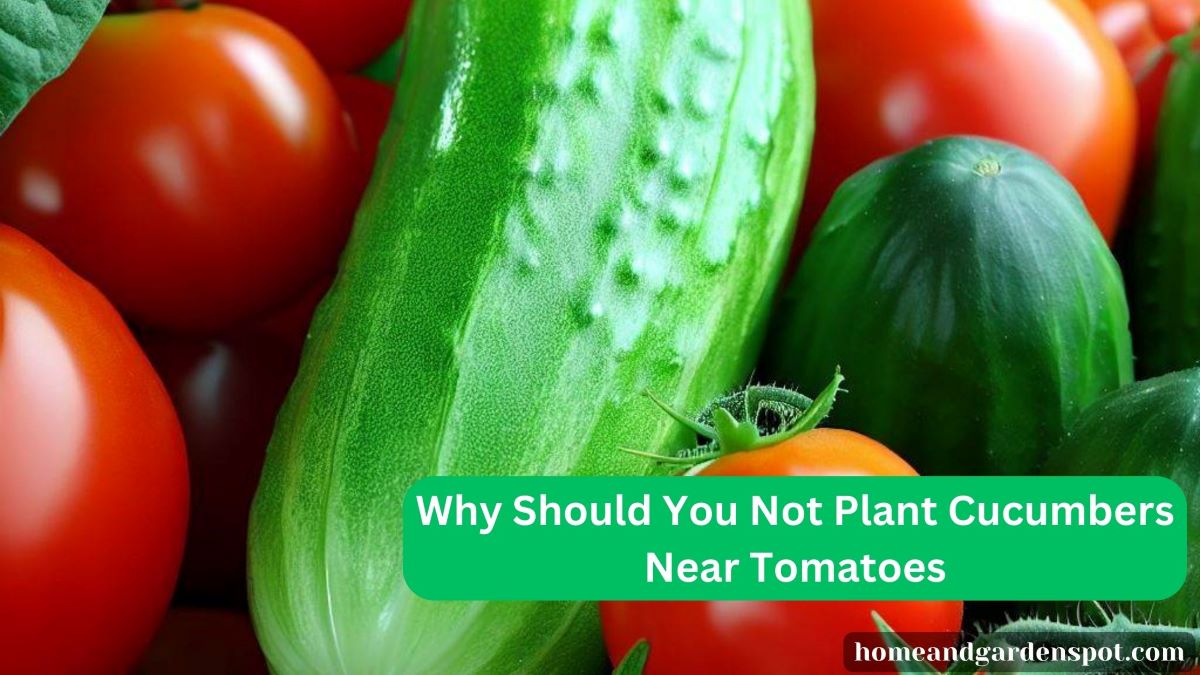
Why Should You Not Plant Cucumbers Near Tomatoes?
•
As a gardener, success in gardening hinges on your ability to discern which plants make good neighbors and which don’t. Cucumbers and tomatoes are plants that don’t make good neighbors, and you shouldn’t plant them together. Why? From my experience, planting cucumbers near tomatoes can lead to overcrowding and poor…
-
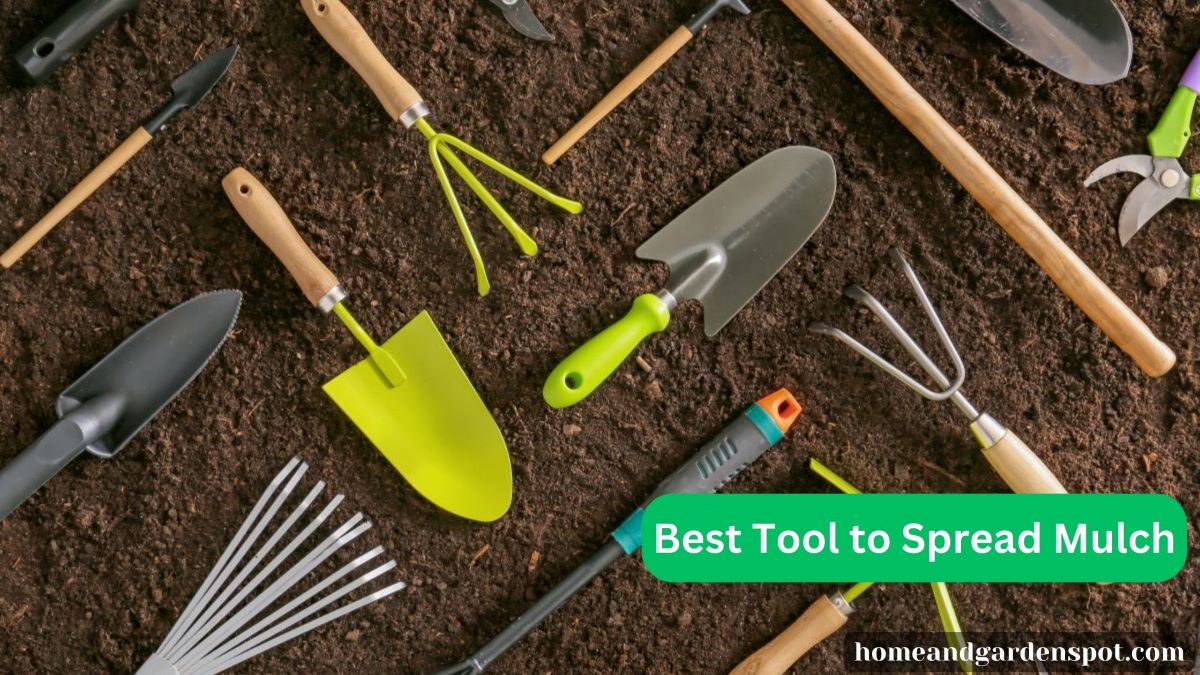
Best Tool to Spread Mulch
•
One of the most critical factors in ensuring the success of your mulching endeavor is using the right tool for the job. The appropriate mulch-spreading tool can save you time, effort, and sanity. It makes the process efficient, ensuring an even distribution of mulch, which is crucial for its effectiveness.…
-
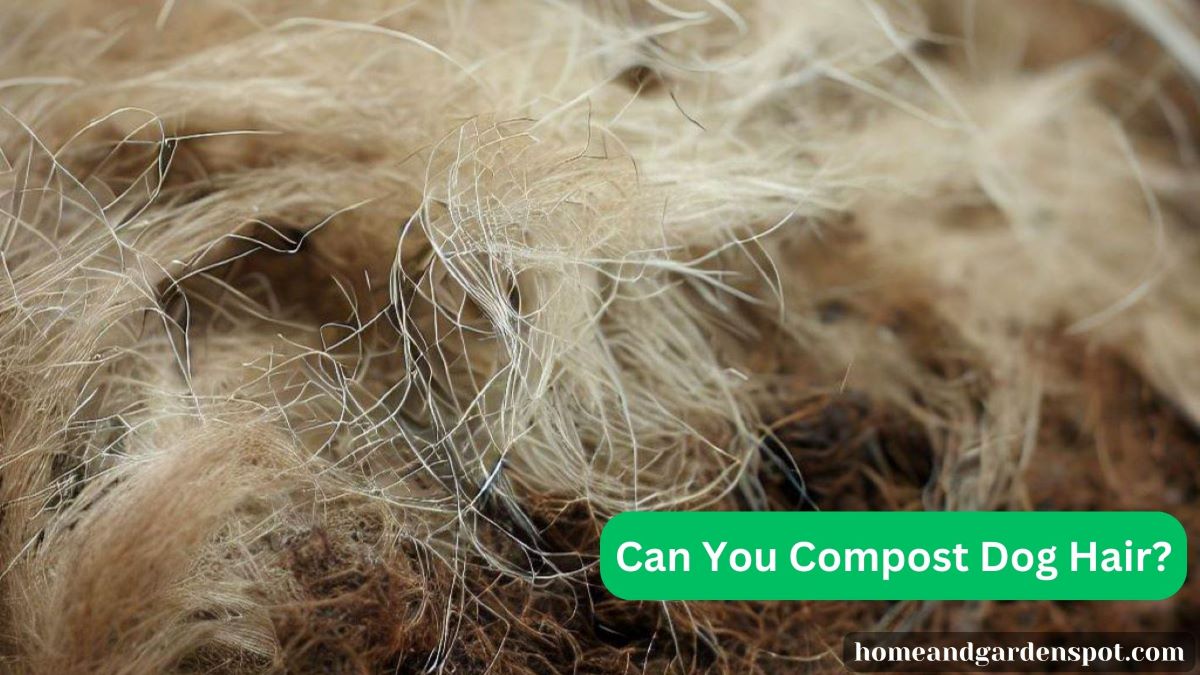
Can you Compost Dog Hair?
•
As pet owners, we are familiar with the constant battle against shedding. However, recent discussions have explored the feasibility of turning this furry nuisance into a sustainable resource. At its core, composting is nature’s elegant way of recycling organic materials like dog hair. Now, can you compost dog hair? Yes,…
-
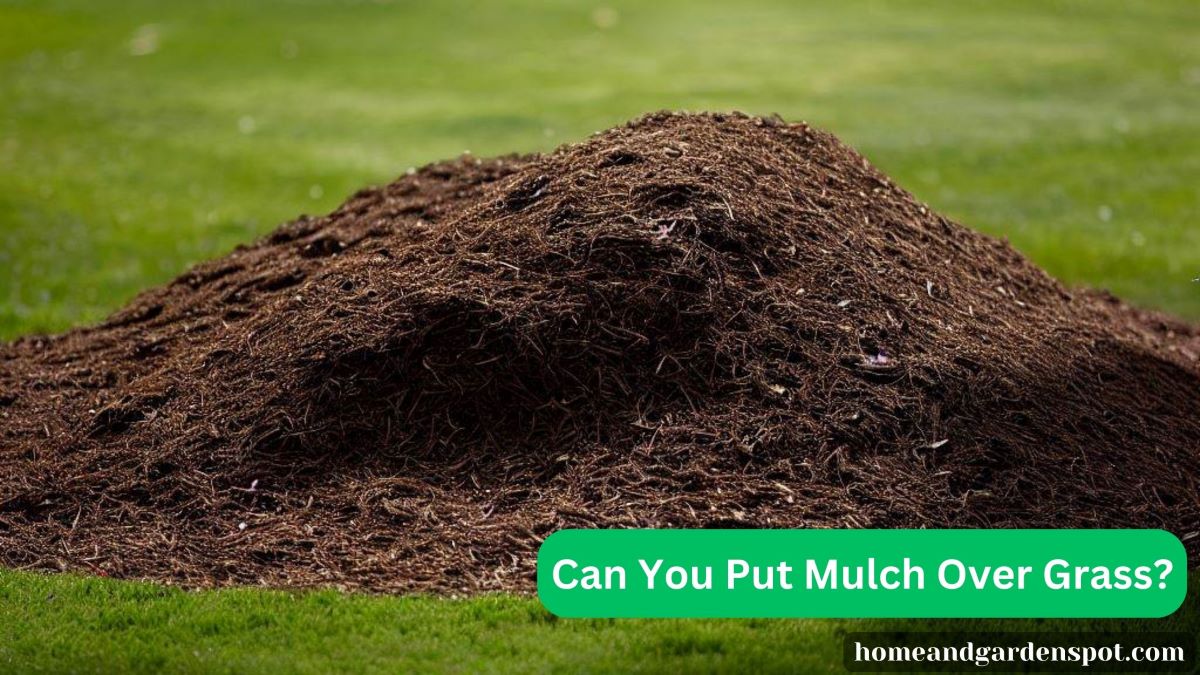
Can You Put Mulch Over Grass?
•
One key technique that gardeners often use is mulching. But what exactly is mulch? In simple terms, mulch is a protective layer that you can spread over the soil in your garden or yard. It comes in various forms, such as wood chips, straw, leaves, or gravel. The purpose of…
-
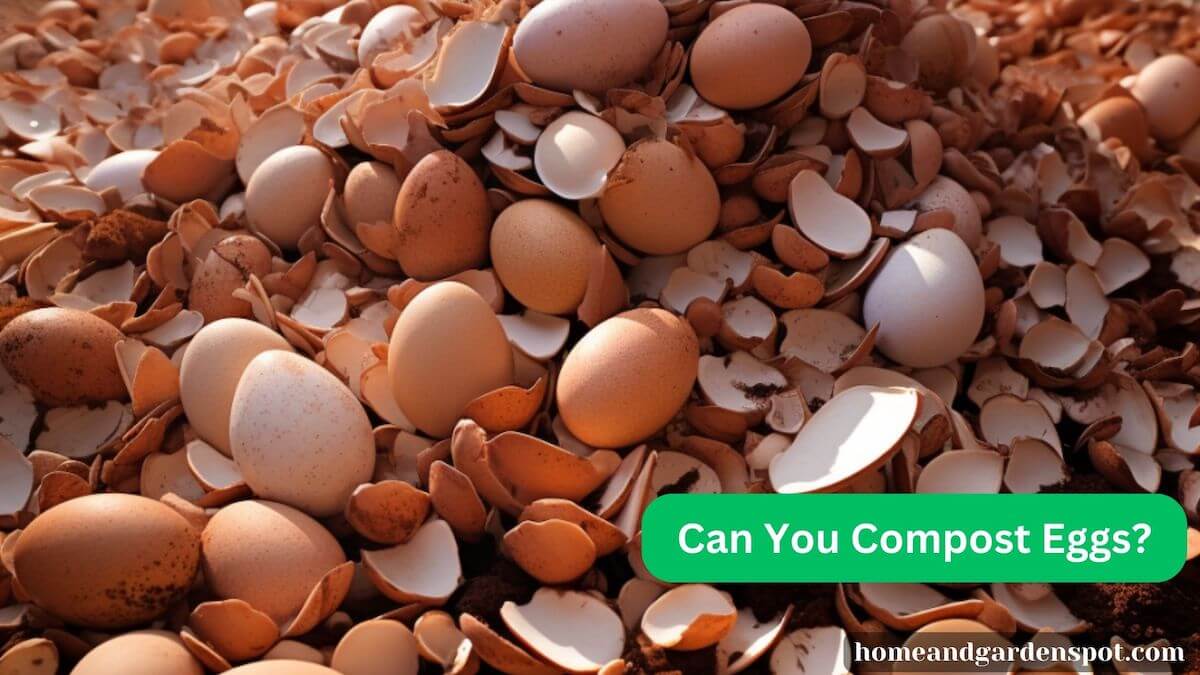
Can You Compost Eggs?
•
Composting is a natural process that involves breaking down organic waste into nutrient-rich soil that can be used to grow plants. It’s an eco-friendly way of disposing of food scraps and other organic materials. One common question that arises when it comes to composting is whether eggs can be composted…
-
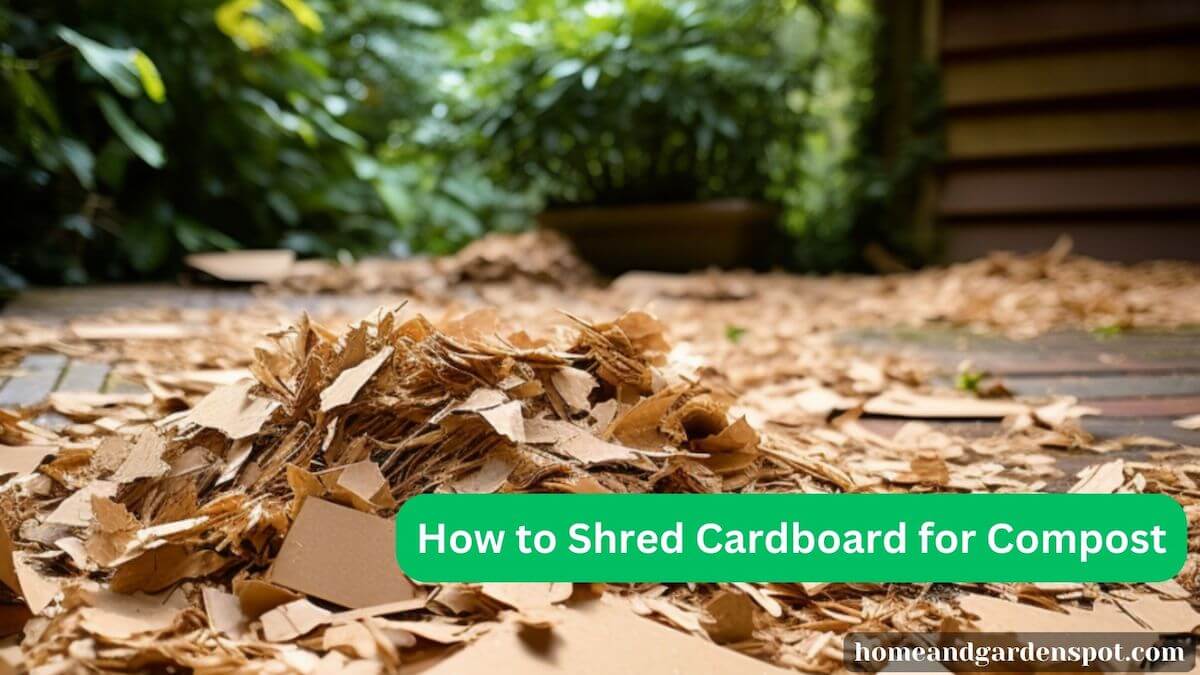
How to Shred Cardboard for Compost
•
Composting is an eco-friendly way to recycle organic waste and turn it into nutrient-rich soil for your garden. It’s a great way to reduce the amount of waste in landfills, which in turn, reduces greenhouse gas emissions. As a gardener, this can also help to improve your soil structure, water…
-
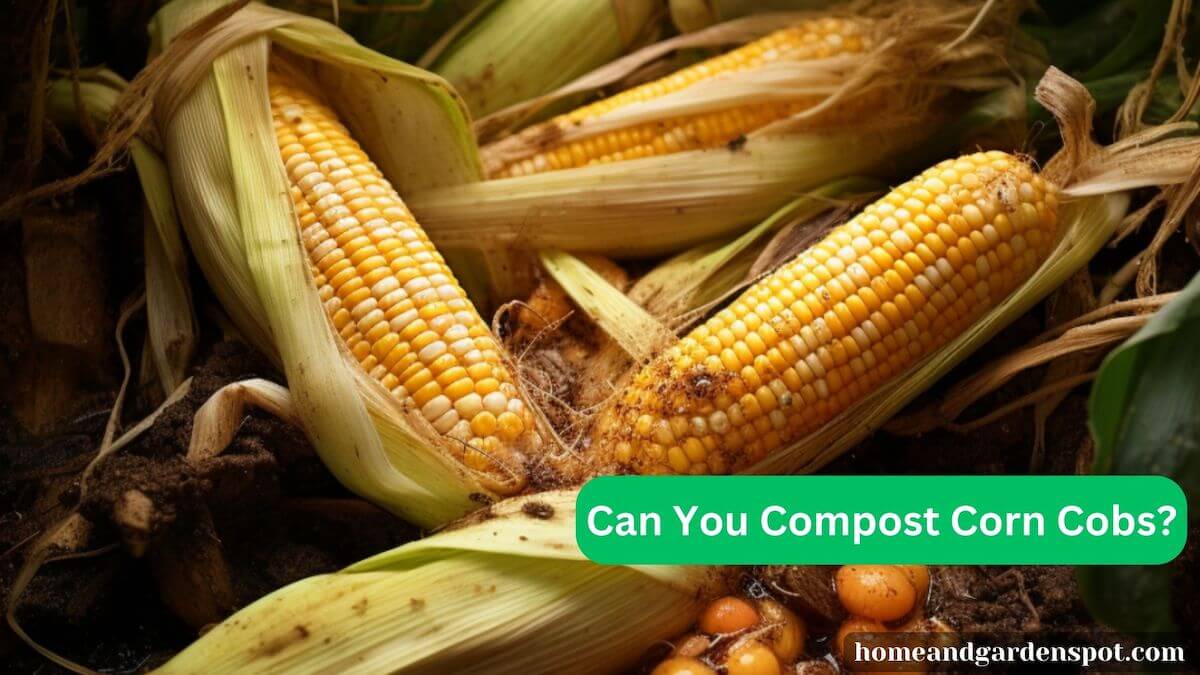
A Comprehensive Guide on Composting Corn Cobs
•
I know you must be wondering what to do with all that corn cob. Should you just throw it away? Trust me, you might want to think twice before throwing away. It holds more potential than meets the eye. In this article, I’ll be answering the question “Can you compost…
-
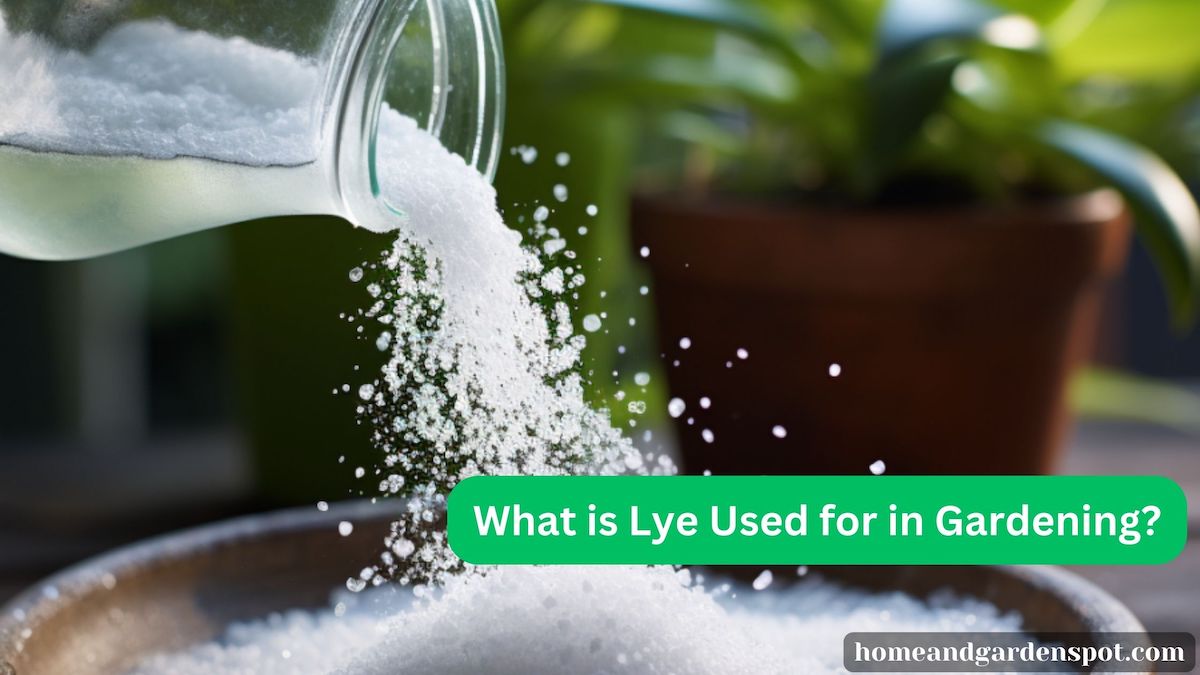
What is Lye Used for in Gardening?
•
Lye is a common chemical compound used in industrial processes. But did you know you can also use lye in gardening? Lye serves as a gardening aid by adjusting soil pH from acidic to alkaline. This creates an optimal environment for plant growth. While it can replace traditional limestone, caution…
-
Philodendron Hope Vs Xanadu [What Are The Differences?]
•
Philodendron hope vs Xanadu is a comparison of two popular houseplants. Both have features that make them unique. They are both quite stunning and make great additions to any room. However, the major difference can be seen below: Philodendron Hope Xanadu Philodendron Hope is compact. Xanadu is much more compact…
-
Watermelon Growing Stages [All You Need to Know]
•
Let us discuss the watermelon growing stages. Watermelons are hot-weather plants that were once only found in Africa but are now grown in other parts of the world. Want to start your own patch and continue this rich history? Continue reading. The stages of watermelon growth will be thoroughly explained…